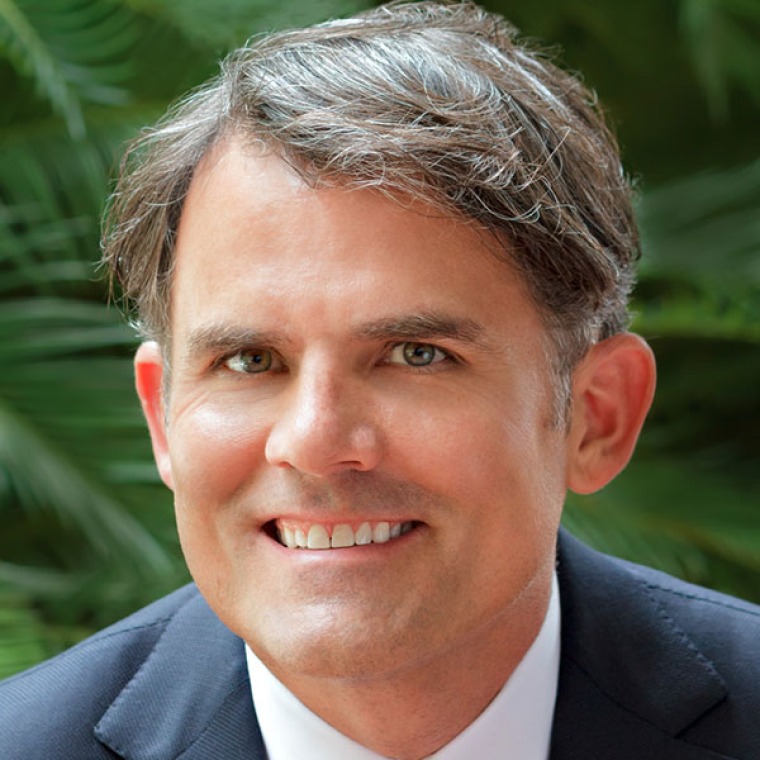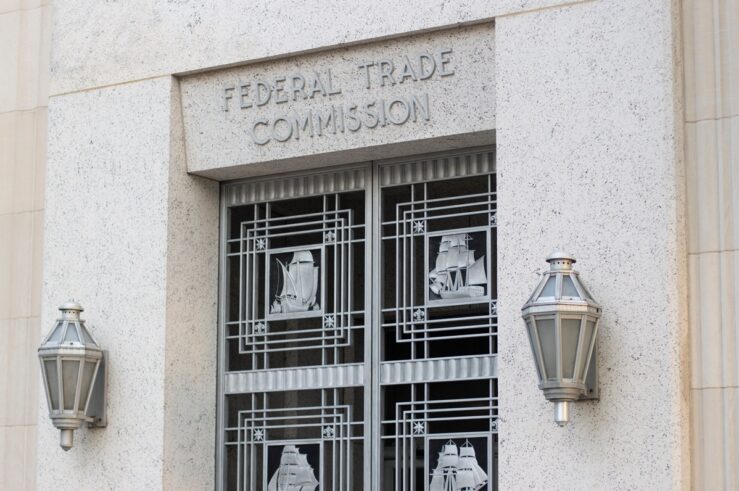Not much, if anything, has been written about NASDAQ’s conversion from a “national securities association� to a “national securities exchange.� (Press release here). Perhaps it’s because few people care, few people were aware that NASDAQ was not already a national securities exchange, and/or it doesn’t really matter. That all may be true, but it raises the question of why NASDAQ bothered (note that it had been pursuing the change in status since 2001). This FAQ put out by NASDAQ explains why it bothered:
• Exchange registration allows NASDAQ to operate independently without being controlled by the NASD . . . .
• NASDAQ’s new status as an exchange will eliminate any appearance of conflicts of interest stemming from the NASD’s control of NASDAQ and its role as regulator of NASDAQ’s market participants.
• Becoming an exchange will eliminate some disparate treatment of securities liste on NASDAQ because they are not considered “exchange-listed� . . . .
As for what exactly changes by NASDAQ becoming an exchange, the FAQ states “[v]ery little.� I thought perhaps that the conversion results in securities listed on the NASDAQ Capital Market (f/k/a NASDAQ SmallCap Market) falling within the definition of “covered security� under ’33 Act § 18. This would mean preemption of state blue sky registration requirements for these securities. A close reading of § 18, however, reveals this is not the case.
From my perspective (law professor who writes in the securities regulation area), one big positive of the change is that now both the NYSE and NASDAQ can correctly be referred to collectively as “exchanges.â€? In past scholarship, I’ve struggled with the right collective term—”exchanges” was not technically correct and neither was “markets.” Again, most people probably don’t care.




